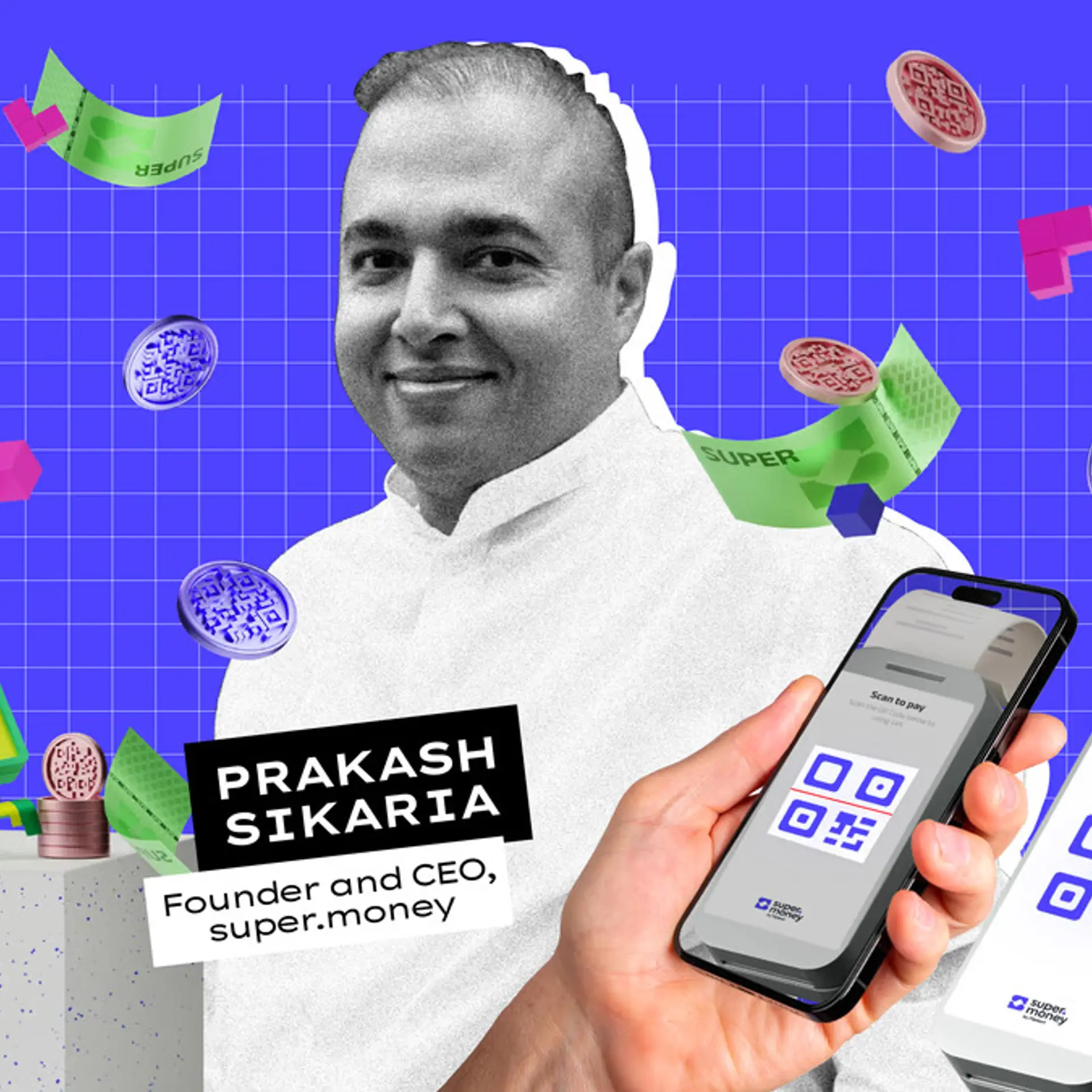Rising above odds, this artisan entrepreneur invented a new form of embroidery, established a global brand
Hailing from Kutch, Gujarat, Pabiben Rabari has earned a global name for her Hari Jari embroidery, used to make garments, bags, and other accessories. She employs 300 women and is creating a socio-economic impact with her enterprise.
The rise of Pabiben Rabari as one of India’s foremost artisan entrepreneurs and an eponymous global brand can be traced back to its humble beginnings in a small village in Kutch.
Available in places like the Smithsonian Institute in New York, the Textile Museum in Washington DC, the Taj Group of Hotels, and stocked by other global brands, it took root in Kukadsar village in Mundra taluk in Kutch region of Gujarat.

Pabiben (in the middle) with other members of her team
Pabiben Rabari was born and raised here, in the Rabari community, whose main occupation was to rear goats and sheep. She lost her father when she was just five years old, her sister was then three, and her mother was pregnant with her youngest child.
Speaking to SocialStory from Bhadroi village in Anjar Taluk in Kutch where she is now based, with the howling winds of Cyclone Biparjoy in the background, Rabari speaks of a childhood of extreme hardship.
“When my sister was born, there was disappointment all around because there was another girl–a burden to the family. My mother worked hard as a domestic help to raise us. I accompanied her, drawing water from the wells during the drought period, and paid one rupee for every bucket. I couldn’t study beyond the fourth standard as times were hard,” she says.
Working in the fields and in different homes during the day, Rabari would return home to practice Rabari embroidery. It was a tradition for girls of the community to make their own wedding trousseau comprising blouses, outfits, bedspreads, home linen, and even baby accessories. This could take more than 20 years because Rabari embroidery, done by hand, is a painstaking process, with a single blouse embroidery taking more than a year to complete.
With weddings getting delayed because of this tradition, the community banned them in the late 1990s. By this time, Rabari had become quite adept at traditional embroidery, and determined not to let the art form die a slow death, she invented a new form of embroidery that mirrored the original, but was quicker, less painstaking, and could be done with the help of a sewing machine.
Sewing a dream

From left, Nilesh Priyadarshi, Noopur Kumari and Pabiben Rabari
Rabari called it Hari Jari, and it would, in a few years, help her start a women’s collective and establish her as a brand.
“Now, it took just 2-3 years to make a wedding trousseau. The stitches and the finishing were just like the originals, and it was difficult to make out the difference. Women now got married on time, and everyone was happy,” she adds.
Until then restricted to the community, Rabari wanted to take the art further and introduce it in the market. With the help of 4-5 women, she took on projects from Gujarat-based Kalaraksha, an arts and crafts organisation, and others.
But there was one thought that kept niggling her. The art and skill were hers, but as a kaarigar, she did not have an identity, and these were sold under different brands.
In 2016, she met Nilesh Priyadarshi, who had extensive experience in the arts and crafts industry, and was starting Kaarigar Clinic as a social enterprise for capacity building and a marketplace for artisans.
She told him she wanted to start a small business in her village and employ women. She wanted to be known for the work she did.
“When I met Pabiben, a few things about her struck me. I wanted to support a traditional artisan and a woman who did not have much formal education, but enough traditional knowledge to run a business. Also, Pabiben was focused on providing employment to other women. These, I thought, were a right fit,” says Priyadarshi.
With the help of Priyadarshi and Noopur Kumari, the other co-founder of Kaarigar Clinic, Rabari began displaying her craft at exhibitions. Her first product was a sling bag, now known the world over as the Pabi Bag.
Priyadarshi’s single-minded focus was to make Pabiben a brand and together they launched pabiben.com, an ecommerce marketplace featuring her products and a few other indigenous artisans.
The importance of brand identity

Some products from the pabiben.com range
They stocked at local stores in Ahmedabad and started using Facebook and Instagram to popularise the products.
“The main challenge was to convince brands to accept the products with the Pabiben label. Once, we had to take back an order after it was dispatched because the client wanted the label removed. Slowly, we started raising awareness and asked brands to accept Pabiben as a story of empowerment and soon, the narrative gained acceptance,” he says.
Pabiben products are stocked at PeopleTree and by three brands in Sweden apart from the museum shops in countries like the US.
“I began with five women and now have 300 women working with me. Our products include different types of bags, garments, home linen, accessories, and others with SKUs totaling 300 products,” Rabari says.
Most women working for the brand do it at their homes, with Rabari supervising. This gives them the freedom to choose their free hours to do something productive that also earns them an income, anything of Rs 9,000 upwards.
This, she says, has also stopped the women from migrating as is the norm with the Rabari community. The women stay put in the village, even as the men wander from place to place. They now have a stable income that also helps in the education of their children, especially girls.
Rabari is now a household name. She was on Amitabh Bachchan’s Kaun Banega Crorepati (KBC) and was recently seen on Shark Tank India–Season 2, where she received Rs 50 lakh in funding. The brand is making a profit of 35% and clocked Rs 36 lakh in sales last year.
“I want women to use their skills to start small businesses and change their lives for the better. I want them not to lose hope but dream big. If a semi-literate woman like me can succeed, every woman who has the will and determination to work hard, can too,” Rabari says.
Edited by Megha Reddy






